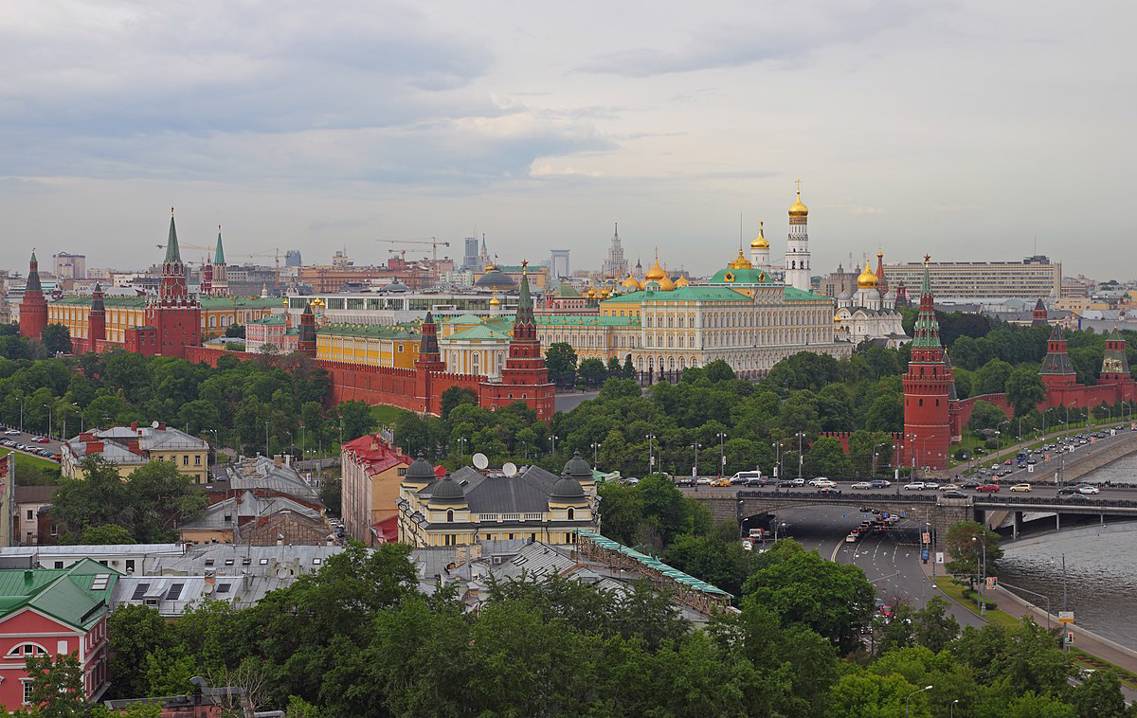
In an article for UIK Panorama, Research Professor Pavel Baev writes about the inherent weaknesses in Russia's capacity to pursue an ambitious foreign policy, which are getting exposed in the wake Taliban's takeover of Afghanistan.
Moscow's strategic attention has shifted to Afghanistan, with an acute need to allocate resources toward countering the security challenge that may follow in the wake of the Taliban takeover. This, in turn, has put further pressure on Moscow's already strained resources for stabilizing the situation in Syria.
Moscow is trying to move simultaneously in different directions in Afghanistan and Syria. Pavel Baev explains this with the disconnect between the three key actors in Russian policymaking – the Foreign Ministry, the Ministry of Defense, and the Kremlin – which pursue goals and ambitions that often go cross-purpose. The economic stagnation, which has been aggravated by the severe autumnal wave of the COVID-19 epidemic, also requires investment in one region to be paired with disinvestment in another. However, the Kremlin refuses to contemplate such rational choice. "Positioning itself as a dominant security provider in its many neighborhoods, Moscow finds itself entangled in one complex emergency after another," writes Baev.





